10 Ways to Stop Feeling Groggy in the Morning
April 8th 2020
You know those days where you get a full night's sleep but still wake up feeling awful? When you have to claw your eyes open, slowly crawl out of bed, and muster every ounce of inspirational energy your “Wake up energized!” Spotify playlist can handle?
Like a held sneeze, a bitten lip, or an unresolved melody, a groggy morning is one of those micro-agonizing moments that can put a rut in your whole day.
Luckily, the science is clear on what causes “groggy mornings, ”and there’s plenty of remedies that can help stop them from happening - so you can go back to waking up feeling fresh and kicking butt.
1. Sleep Apps
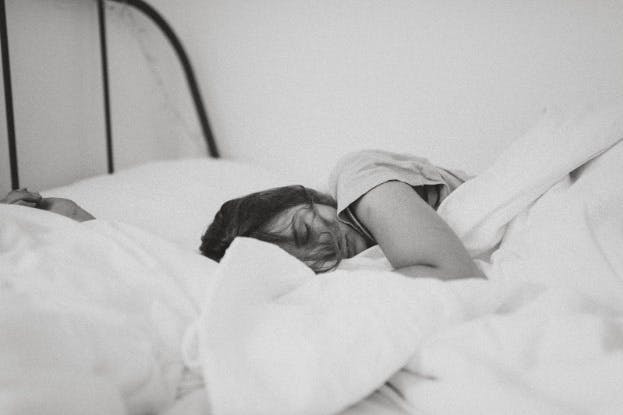
The primary cause of groggy mornings comes from “sleep inertia” - a disruption in your circulation that comes from being interrupted out of REM sleep. While you sleep, your body is cycling in and out of phases of deep sleep. When you wake up organically (without an alarm), your body isn’t likely to be disrupted from these natural cycles.
Unfortunately, modern alarm clocks have no idea what your sleep cycle is, and will often wake you up blaring knee-deep in the middle of a sleep cycle - which is why the world hates alarm clocks.
Apps like My Sleep App can help by attempting to wake you up when you're off a deep sleep cycle, typically asking you to set it on roughly 15-20 minutes before you fall asleep. There are even apps that use your phone’s built-in accelerometer to analyze the stage of your sleep and wake you up - they’re not foolproof by any means, but they’ll definitely give you a marked improvement in your sleep quality.
2. Open a Window!
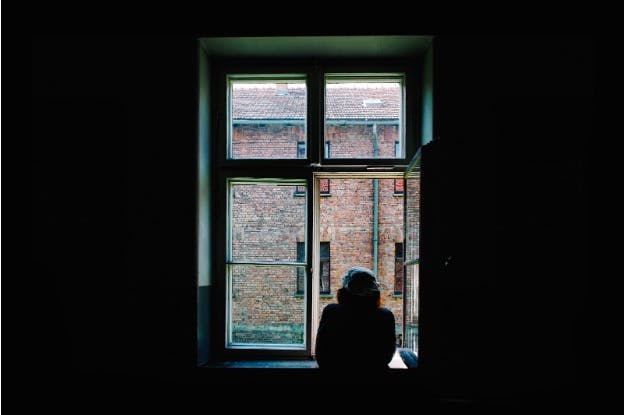
Sleep apps are great, and monitoring your sleep cycles is crucial. That being said, it’s difficult to eliminate waking up in the middle of deep sleep entirely. Even when waking up naturally, your body will often send you flying out of bed in the middle of an amazingly deep sleep cycle (add interrupted good dreams to the earlier list of life’s peeves).
Opening a window brings in the fresh air and (hopefully) some vitamin D, which gets your endorphins firing and energized to counteract the grogginess.
3. Rethink breakfast
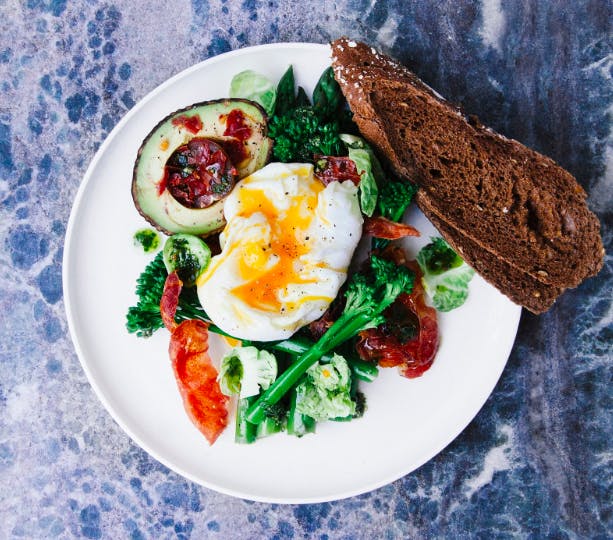
You’ve probably heard the old adage of breakfast being the most important meal of the day - well, as it turns out, that's not really true and is largely a marketing gimmick made up by cereal companies.
Breakfast can be important, but for many people, it’s even better to avoid it entirely - millions of people who practice intermittent fasting swear by the energy benefits of skipping breakfast. Whether you skip or don't skip is up to you, and you should experiment, but if you continue eating breakfast, consider the content - slow-release energy like fats and proteins are a far better option to level out your energy than carb loading.
So avoid those cereals and sugary coffees and opt for whole grains, vegetables, cheeses, and meats.
Related: Want to Run Well? Eat Anti-Inflammatory Style
4. Turn off your devices
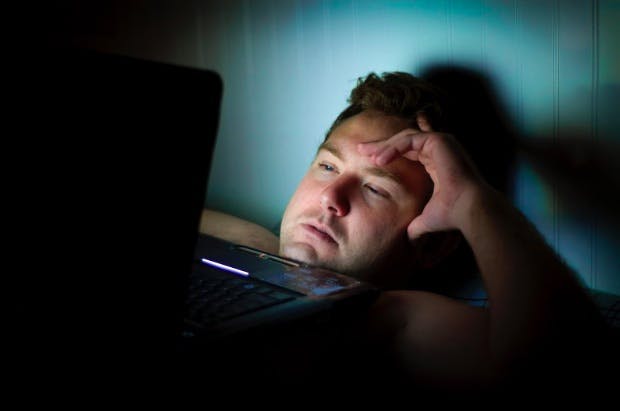
Cell phones are a modern scourge when it comes to your circadian rhythm - our bodies are tuned to use natural light as a circadian trigger, and introducing tons of blue light right before and after sleep throws your sleep cycle entirely out of whack.
Avoid screens for at least 30 minutes before you go to bed so your body can adapt to the darkness. In the mornings, introduce more natural light - you can even consider getting a sun lamp if you’re in a darker part of the world.
Your body relies on natural light to cycle properly - stop disrupting that cycle!
5. Exercise
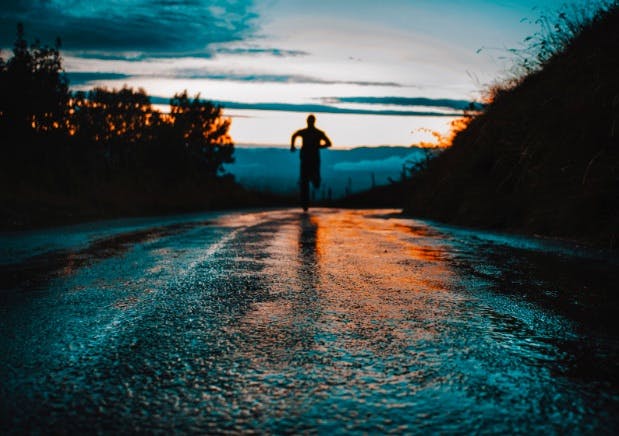
There’s no better way to kick your body into a rhythm than exercise. A brisk workout will get your blood pumping, oxygen flowing, and all-important endorphins to start flooding your system - you also get slight adrenaline boosts (especially if you’re doing something like interval training), which is basically nature’s energy drink
Your body will benefit from incorporating a variety of workouts, whether it’s yoga, strength training, or running. Going on a morning run is a great way to start your day and get your blood flowing. Download the SportMe app and track your progress as you go.
Related: SportMe Run Trainer FAQs
6. Whatever you do - don’t snooze
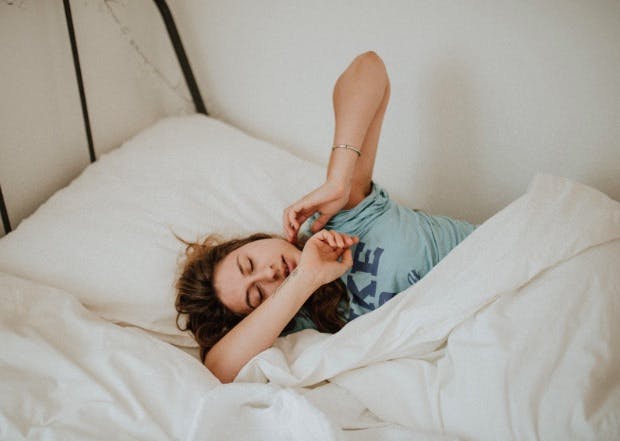
Waking up in the middle of a sleep cycle is bad - waking up in the middle of a sleep cycle two or three times in a 30 minute period is much worse.
Snoozing an alarm and falling back asleep usually sends you back into a sleep cycle, which will only worsen the problem and make you more tired. If you’ve already woken up, just fight through it and stay awake - it’ll be much worse if you don’t.
As the saying goes - if you're going through hell, keep going. Or something slightly less melodramatic.
7. Stretching
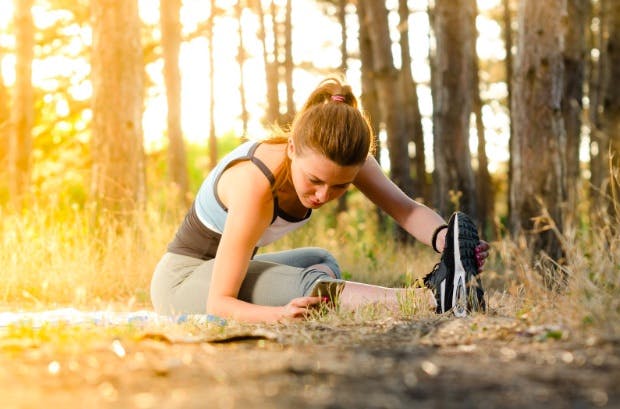
During REM sleep, your muscles are literally paralyzed - that’s kind of why grogginess feels a bit like wading out of a mucky coma.
Stretching (or, if you’re really ambitious, yoga) reactivates those muscles, which releases a ton of endorphins into your system. Reactivating your muscles will make you feel better and look better! It’s a win-win.
8. A Glass of Water in the Morning
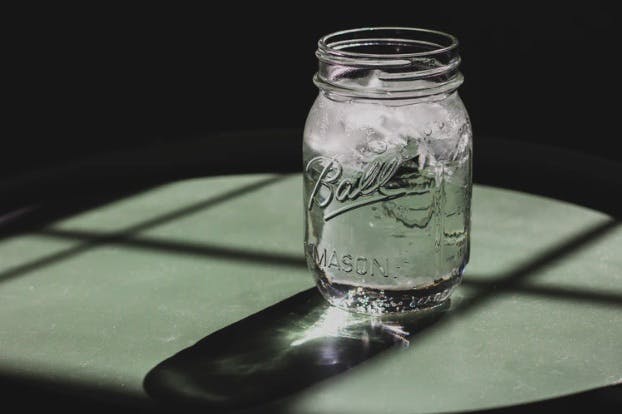
If you wake up feeling tired, chances are you’re just dehydrated. After all, you just spent around eight hours without anything to drink. Forgetting to drink water will make you feel fatigued and moody. To avoid this, drinking 12 to 16 ounces of water after you wake up will help replace overnight water loss. If possible, you should wait for at least an hour before having caffeine.
9. Washing Face With Cold Water

Splashing your face with cold water stimulates the nerves in your face, helping you to wake up. This technique also helps depuff your eyes and close your pores, helping your face feel smooth and refreshed. All you have to do is splash cold water on your face two to three times, then pat dry with a clean towel. You can also use a bowl of water with ice, then dip your face in gently.
Either way, just make sure not to put your face in cold water for over 30 seconds at a time. This might cause the Mammalian Reflex to take into effect, signaling your body to start relaxing and making you feel more tired.
10. Early Morning Walk

What are the benefits of an early morning walk? For one thing, it provides you with an energy boost. A walk as short as 20 minutes can help you feel awake. In one study, women who walked up the stairs for 10 minutes felt more awake than women who drank a cup of coffee. Light exercise in the morning can help alleviate muscular pain and stiffness.
Physical activity early in the morning also has ripple effects, helping you to make healthier decisions throughout the day (like feeling motivated to choose a bowl of fruit instead of a bag of chips). This resulting effect helps your mind stay fresh instead of drowsy.
Final Note
Ultimately, all of these “tricks” revolve around one thing - good sleep habits. If you’re eating right, sleeping on time, are proactive about your sleep patterns, and exercising, you should naturally reduce grogginess to an absolute minimum - and your body should be much better at handling those groggy mornings when they do come.
So, the next time you're doubting whether you need those 8 hours - don't. Seriously.
Related: The Top Ten Nutrition and Hydration Guidelines for Runners
